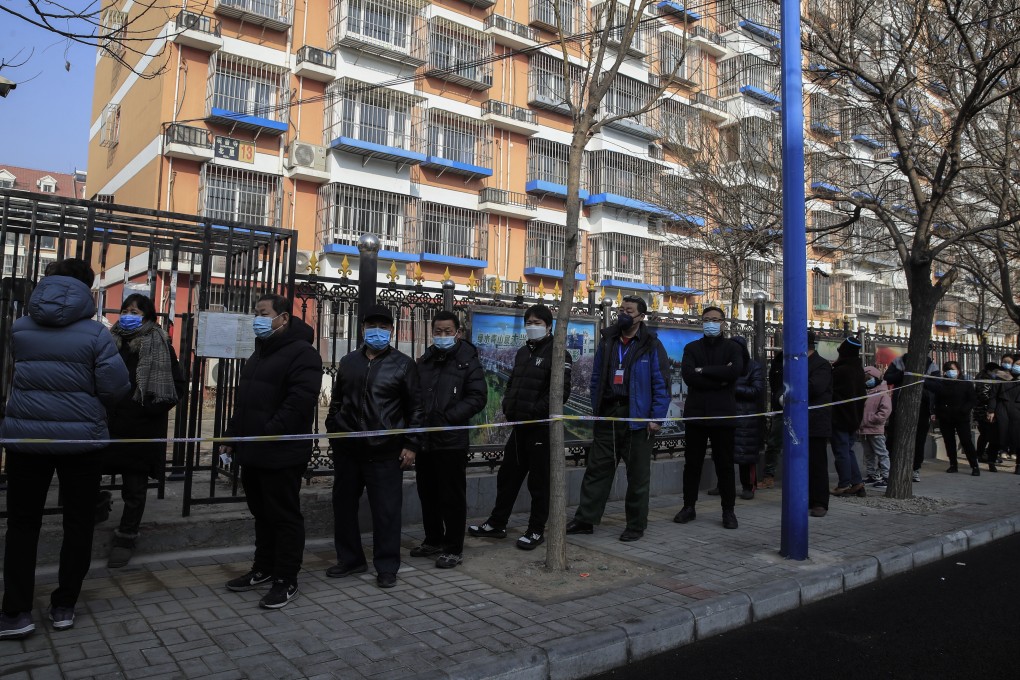China’s coronavirus testing ‘overkill’ gives economy a shot in the arm, with huge windfall for industry
- Millions of mandatory Covid-19 tests, plus compulsory tests for trips over Chinese New Year, result in massive profits
- Analysts estimate that hospitals, third-party testing institutions and test manufacturers could rake in up to 150 billion yuan (US$23.2 billion) during this year’s Spring Festival travel period alone

A knock at the door jarred Susan Li out of bed on a chilly morning in Beijing last month.
“Nucleic acid test,” proclaimed the woman outside Li’s home. And then her neighbour’s home. Then the next home. And so on, with the knocks stretching well into the millions across the country.
In Li’s case, the testing came a day after Beijing recorded two new cases of the coronavirus, in Daxing district. Even though the 33-year-old lives more than 10km away, Li was among the 1.8 million residents in the district who were tested over the following week.
“The line was so long that I waited about two hours to get tested,” she said. “I was a little scared because the line was dense, what if I got infected? I would rather just stay at home.”
In total, four positive tests were recorded. And then a second round of testing was conducted a week later. Same routine.
Today, mass nucleic acid testing is the “new normal” in the world’s second-largest economy.